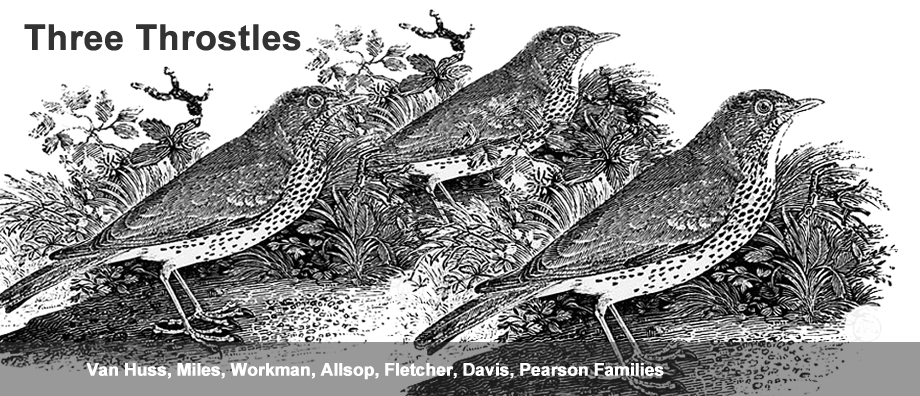 |
| marriage certificate jan franz van husum and volkje nordstrand |
I do admit that I came across this ability late in life. Then, many things came to me late in life, marriage, children, property, status and wealth.
I was, in the beginning, a sea-going man, sailing from my home, the port of Husum, Schleswig Holstein. Sometimes called we called it Friesland because of the large numbers of Hollanders who to reclaim the marsh from the sea. My wife-to-be, Volkje was one of these Hollanders, living on the island of Nordstrand. It was the Dutchman Jan Adriaansz Leeghwater who came to supervise land-reclamation using dikes and wind mills. And for a time, man conquered nature.
But I get ahead of myself. The mind wanders of an old man wanders. So much time has passed. So many memories.
My sea-going was aboard a fishing boat. We sailed the waters of the North Sea catching cod, to be dried and salted, and sold. All Europe wanted cod. Spain and Portugal wanted cod, and so did other Mediterranean buyers, such as those in Italy. It could be sold for Spanish bullion, traded for English manufactured goods. It was a profitable business, but already new fishing grounds in Newfoundland were cutting into the market. This was an area that the Spanish and the Basque were capitalizing on. And even the Dutch recognized the potential of the New World. By 1624, the colony of New Netherland was established by the Dutch West India Company grew to encompass all of present-day city of New York, but then it was called New Amsterdam, and New York, New Holland.
It was old Kiliaen van Rensselaer, a wealthy Dutch merchant, who, in 1630, set up the manor where my wife and I first came. It was the same old man who encouraged my wife and I to leave Holland in 1639, to settle on his lands as indentured laborers, to learn to red and write, to become something of ourselves in this New World.
But before we could sail for the New Holland, it was necessary that Volkje and I marry. So we did. The marriage took place in the the Nieue Kirke, a few blocks from the port where we would board ship. I recall then that minister who precided over our marriage asked Volkje and I where we were born. It was then that we answered Nordstrand and Husum, and that is how I got my name. To signify our agreement to the marriage we both signed what is called a signum manus, I with cross and line though it and Volkje with a simple cross. This was by way of practice. I knew the rudiments of writing by then, but names were not used.
There was something that caused all this to happen. I do not speak of it often for it was terrible. It took the lives of Volkje's parents and ten thousand other lives. It was a flood of Biblical proportions like the Great Flood that only Noah and his family survived.
It is hard to speak of even at this time, some 30 years later. It was the Great Flood of October 1634. Having spoken of this calamity, I will leave it for later.
An old man tires quickly.




